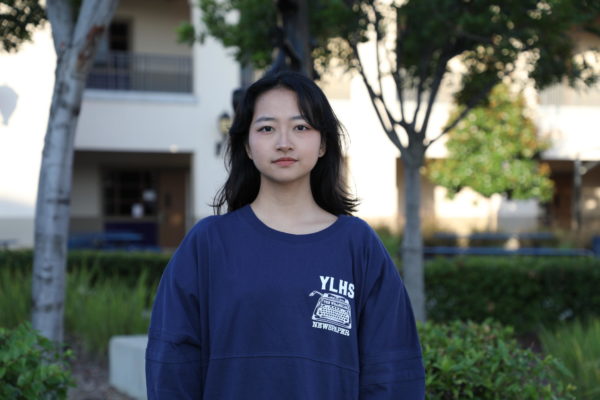Diversity in School Books and Critical Race Theory

Some school districts have already banned books about race and ethnicity to be taught in classrooms. Even in libraries, the book selection is quite sparse.
March 14, 2022
A year ago, a debate about the book Stamped: Racism, Anti Racism, and You, occurred in Round Rock, Texas. This school-issued history book contained many important information about black history, and the school board was thinking about taking it down. The Round Rock Black Parents Association was the main driving force against this take down, as according to one member Ashley Walker, “Taking away that book would have completely whitewashed history, and that’s not what we are for.” (nbcnews.com) This made me think about the diversity in our bookshelves here in YLHS. Of course we have books highlighting minorities, but the school issued books in our curriculum are, in my opinion, not diverse enough.
Most of our assigned readings are written by white authors about topics that can be relatable to cisgender, heterosexual white people. Despite the fact that we literally have a class titled “World History,” most of the content in that class contains a very eurocentric point of view and we barely touched on eighty percent of the world. As a person of color, this is very disappointing to me as I feel it is important to at least understand a little bit about another culture or race. Especially since the US is such a diverse place with so many immigrants, shouldn’t this be a given?
When it comes to education on race, PYLUSD has been debating whether or not to include CRT (critical race theory) into the curriculum. Priya Shah, one of the parents in the community voiced that “if we’re banning CRT, are they going to teach that race is a biological fact? Are they going to pretend that Jim Crow was not the law for all those years? Are they going to not teach our students about the Dred Scott decision?” (voiceofoc.org). She also questions what will happen to history classes as they cannot just make history one hundred percent white only. On the other side, many parents argue that “the theory is anti-American, divisive and teaches kids that all white people are racist, while victimizing people of color.” (voiceofoc.org) I think these people do not fully understand what it means to educate people on race. The goal of this course is to simply open people’s eyes to the world, not “teaching kids that all white people are racist.” When I was studying in China, we were taught a lot of American, as well as European history, so why is it so difficult for Americans to do the reverse and learn a little about my culture?
Not only am I concerned about history books, literature books are also in danger of being removed. There aren’t many school-issued literature books written by people of color in the first place, so in my opinion, this ban is especially concerning in language arts classes. Mrs Shube (Staff) expressed that “as a language arts teacher, I feel my job is to expose students to different ideas, cultures, and experiences, to push their thinking beyond the realm of their personal experiences or comfort zones. Making certain books or topics ‘off limits’ runs counter to my sense of the purpose of education.”
I believe Mrs. Shube made a great point about what the purpose of education is. We go to school to open our eyes to the world and think outside the box. How can we possibly do that when important groups of people cannot be mentioned? Even though I am open to discussions about this topic, it is highly unlikely that my opinion on our curriculum’s diversity will change. At the end of the day, YLHS is a place where we spread love and positivity while striving to learn and grow. In order to love, we must first try to understand and educate each other.





































